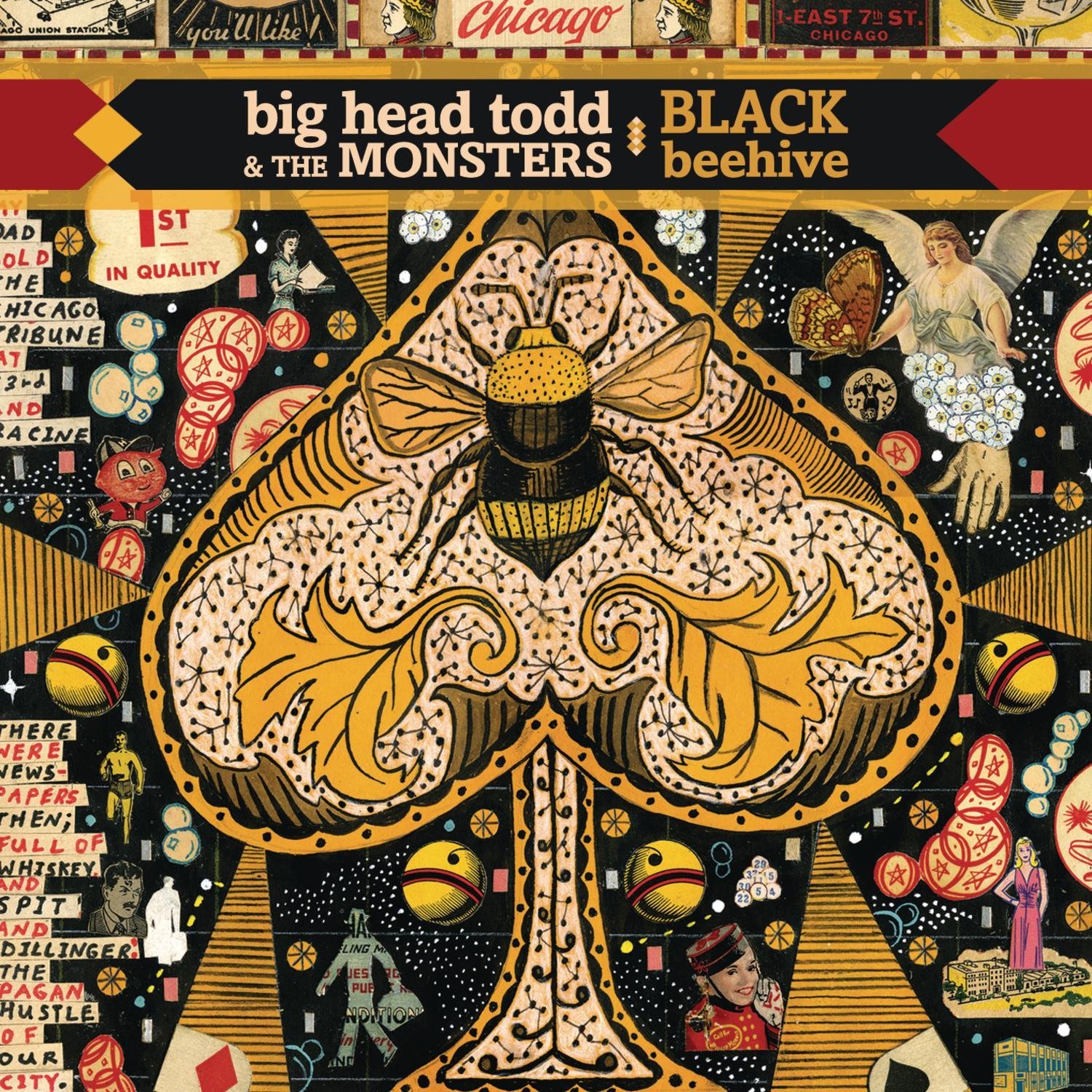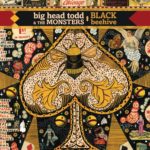
Todd Park Mohr, he of the big head in Big Head Todd and the Monsters, has spent the better part of the last decade living in Chicago. It’s an appropriate adopted hometown for the guitar player, entering his 25th year of fronting his blues-infested band, whose latest release Black Beehive is straight out of the windy city’s Butcher Boy Studios. Produced by Grammy winner and drummer Steve Jordan (Keith Richards, Buddy Guy), the album is a stripped-down, no-nonsense 11-song affair that finds Mohr exposed and impassioned if perhaps lacking in innovation.
The title track, a poetic remembrance of the late Amy Winehouse, is one of two overt tributes on the record; the other, “Hubert’s Dream,” to the deceased bluesman Hubert Sumlin. Both are genuine and heartfelt and represent a pair of the stronger songs on an album that at times seems underwhelming. There are funky rockers like “Hey Delila,” slow jam indictments “We Won’t Go Back” and “Fear Greed and Ignorance,” and the John Lee Hooker-esque “I Get Smooth,” that are musically aggressive and tight, but never really break free and fly. The single, “Josephina,” is an old-time stomper that pairs ‘50s rock-and-roll with a road story that is upbeat and poppy, but a little too straight.
All the hallmarks of the blues are present and accounted for- the Hammond B-3 swirls, the fat, popping snare drum, and crying bottleneck- replete with themes of yearning, disappointment, and loss. Mohr’s reputation as a stinging guitarist precedes him, and he still finds places to demonstrate such talent, yet some of the material doesn’t feel fully realized. With structures that opt for repetition over shifts in rhythm, tone, or progression, the complete package comes off as more an assortment of mood pieces than a collection of new classics from the quartet.
Certainly the blues is a mood as well as a genre, and this aspect will appeal to the core of his audience looking for a studio effort to take them there. It’s also what makes assessing this release from Big Head Todd and the Monsters difficult, in recognizing the balance of what’s good and what’s missing. The record sits comfortably in a space where Mohr is able to stretch himself vocally, with lyrics that are refreshingly layered and often poignant. Sonically, the group sounds crisp and energized, accentuated by Jordan’s clean and lean approach, and demonstrates ably the value of staying together for over two decades. In concert, this is an ensemble that has won fans with its intensity and diversity, and there is nothing that to say that the repertoire of Black Beehive won’t deliver the same magic in a live setting. What it seems to lack here is that intensity, that diversity within the songs themselves that declares the band is still taking chances and exploring new ideas. It’s a nice record, if not necessarily a daring one, from a band that has earned the right to be riskier.



No Comments comments associated with this post